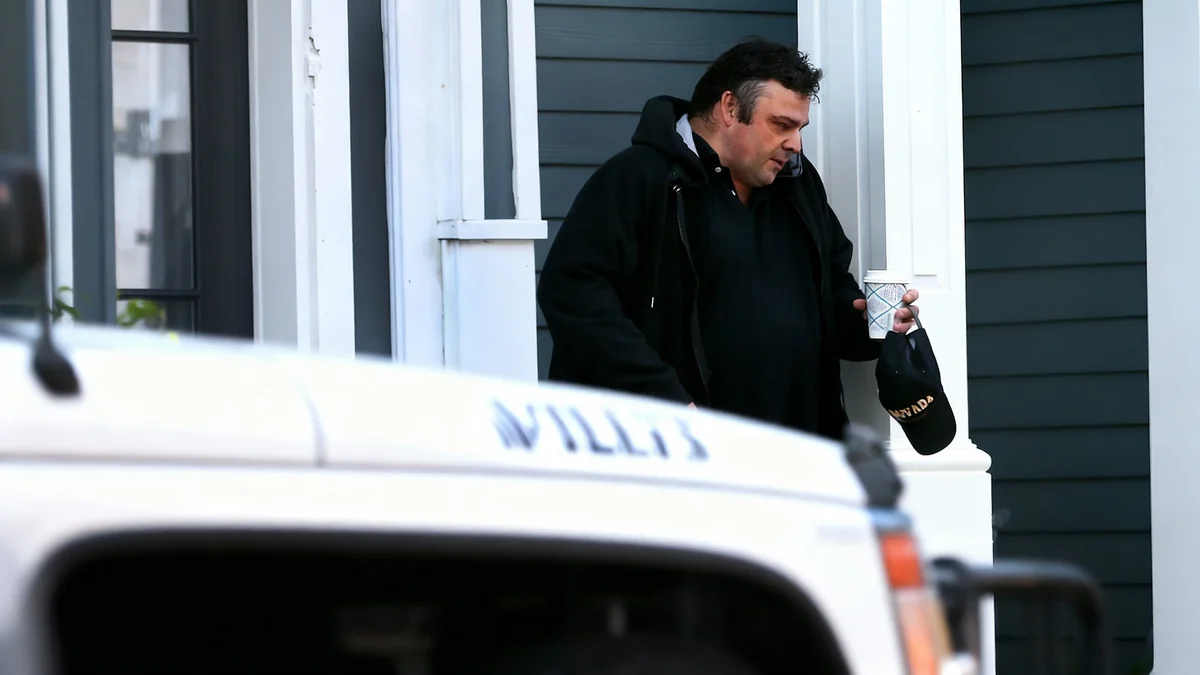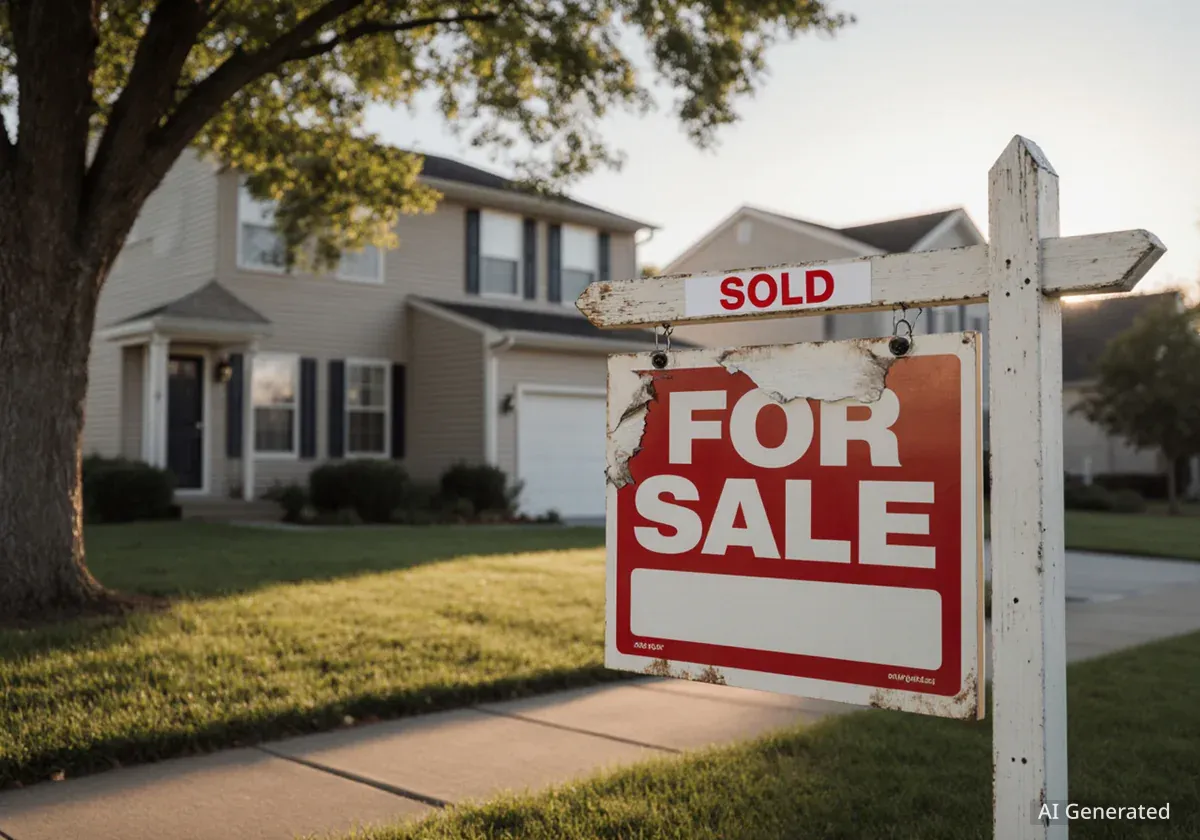A large-scale real estate development project promising to transform an industrial section of South Boston is now facing an uncertain future. The venture, led by developer Andrew J. Collins, has become the subject of legal disputes after raising millions of dollars from investors over the past eight years, according to court documents.
The project involved assembling approximately seven acres of property along Dorchester Avenue, an area long targeted by the city for revitalization. However, with the project's progress now in question, investors and community members are left wondering what will become of the ambitious plan.
Key Takeaways
- Developer Andrew J. Collins assembled a 7-acre portfolio of properties on Dorchester Avenue in South Boston.
- The project attracted millions in loans from investors over an eight-year period.
- The future of the development is now in dispute, with legal challenges emerging from investors.
- The developer is the identical twin brother of Massachusetts state Senator Nick Collins.
The Vision for Dorchester Avenue
For years, Andrew J. Collins presented a compelling vision for a stretch of Dorchester Avenue. He described a plan to redevelop an industrial corridor, replacing old structures with a vibrant new district. His pitch was effective, portraying him as a developer with deep local roots and the connections to see the project through.
Collins and his partners successfully acquired numerous properties, including an old fish processing plant and various retail storefronts. The total land assembled amounts to roughly seven acres, a significant footprint in a rapidly changing part of the city.
This plan aligned perfectly with a broader city initiative. In 2016, Boston officials finalized "Plan: Dot Ave.," a comprehensive strategy to encourage dense, mixed-use development along the corridor stretching from Andrew Square to the Broadway MBTA station.
City-Backed Redevelopment
The "Plan: Dot Ave." initiative created a roadmap for transforming the industrial corridor into a more residential and commercial hub. It envisioned new housing, retail spaces, and improved public infrastructure, making the area highly attractive to developers like Collins who could capitalize on the new zoning and city support.
A Charismatic Pitch and Political Ties
Investors were drawn to Collins's persuasive and charismatic approach. He positioned himself as a sophisticated developer uniquely capable of navigating the complexities of a large-scale urban project in South Boston. Over nearly a decade, he and his associated entities secured millions of dollars in loans.
An unspoken element of his appeal was his family connection to local politics. Andrew Collins is the identical twin brother of Nick Collins, a prominent state Senator representing South Boston. While there is no indication of the senator's involvement in the business, the family name carries significant weight in the community.
A Long-Term Investment Push
Investor funds were collected over an eight-year period, demonstrating a sustained campaign to finance the land acquisition and pre-development phases of the Dorchester Avenue project. Court filings indicate that these funds were provided as loans with the expectation of lucrative returns upon the project's success.
Cracks in the Foundation
Despite the grand promises and significant capital raised, the project has failed to move forward as planned. The properties, including the parcels at the intersection of Dorchester Avenue and Old Colony Avenue, remain largely undeveloped.
Now, the financial arrangements that held the project together appear to be unraveling. According to court filings, investors who provided millions in capital are raising serious questions about the state of their investments and the project's viability. The exact nature of the disputes is becoming clearer as legal proceedings unfold, but they signal a deep crisis of confidence.
The situation has cast a cloud over the entire seven-acre assembly of properties. The promise of revitalization has been replaced by legal battles, leaving the future of this key Dorchester Avenue corridor in limbo. The developer, Andrew J. Collins, reportedly left his South Boston home earlier this month, adding to the uncertainty.
What's Next for the Properties and Investors?
The primary question now is what happens to the valuable real estate portfolio. With the developer facing legal challenges, control over the properties could become a central point of contention in court. The outcome will determine whether the original vision for redevelopment can be salvaged or if the land will be sold off piecemeal.
For the investors, the path forward involves navigating the legal system to recoup their funds. The court filings represent the first step in what could be a lengthy and complex process to untangle the financial dealings behind the stalled project.
The situation serves as a cautionary tale in the high-stakes world of urban real estate development, where charismatic pitches and ambitious plans can sometimes mask underlying problems. The fate of a significant piece of South Boston now rests on the outcome of these disputes, with the community watching closely.





